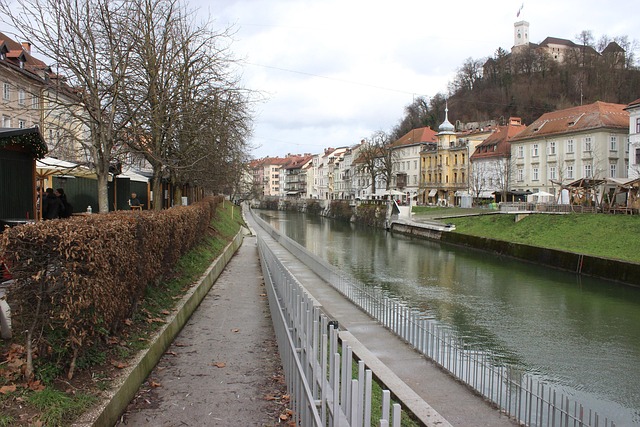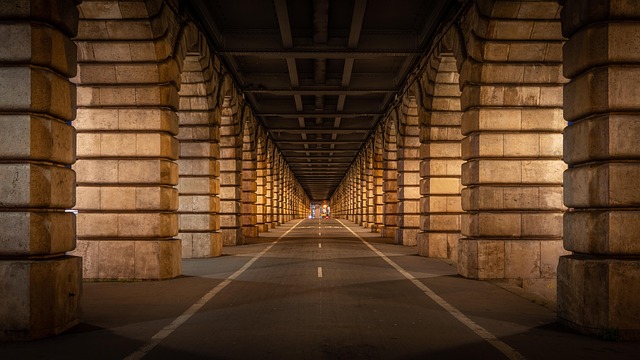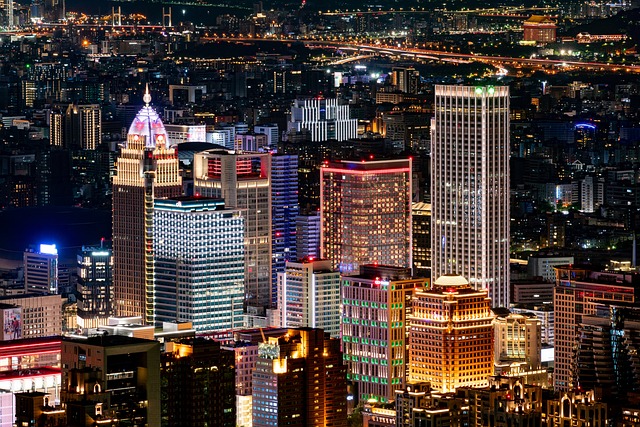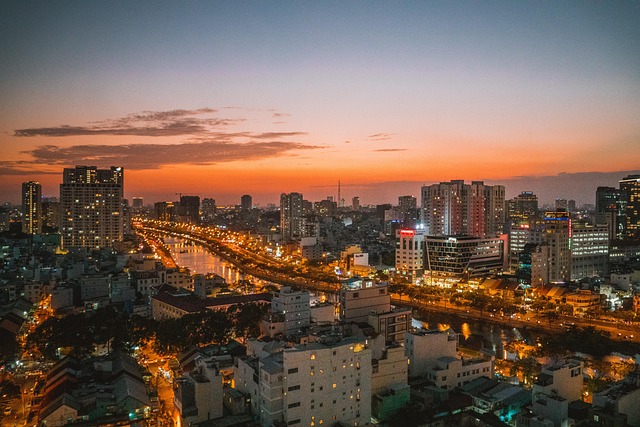Karachi's power crises date back to the 1970s due to urbanization and have intensified since the 2000s with prolonged load shedding. Efforts include new power plants and infrastructure but continuous attention is needed. The Defence View Society addresses this by adopting smart grid tech, renewable energy like solar, and conducting awareness campaigns. A promising model for urban areas, Karachi's future resilience lies in integrating diverse sustainable energy sources, enhancing independence, reducing peak demands, and collaborating with policymakers and residents for a stable power supply.
Karachi, Pakistan’s vibrant metropolis, has long grappled with intermittent electricity shortages, or load shedding. This perennial issue affects daily life and economic productivity, prompting a critical examination of the city’s energy landscape. This article delves into Karachi’s historical power crises, explores society-driven initiatives to mitigate load shedding, and discusses the prospects for future energy resilience in urban areas. By understanding past challenges and current solutions, we can chart a course towards a more reliable and sustainable energy future for Karachi.
- Karachi's Power Crises: A Historical Perspective
- Defending Against Load Shedding: Society Initiatives
- The Future of Energy Resilience in Urban Areas
Karachi's Power Crises: A Historical Perspective

Karachi, the bustling metropolis, has long grappled with power crises, a problem that has persisted over decades. Historically, the city’s electricity demand far outstripped supply, leading to frequent load shedding—a practice of temporarily cutting off electricity to manage peak demands. This issue can be traced back to the 1970s when rapid urbanization and industrialization in Karachi strained the existing power infrastructure. Over time, the lack of investment in power generation and distribution resulted in inadequate capacity to meet the growing needs of the city’s residents and businesses.
The power crisis reached a critical point during the 2000s, with prolonged load shedding becoming a way of life for Karachis. This period was marked by severe shortages, often leaving neighborhoods without electricity for extended periods. In response, the government and various stakeholders have made concerted efforts to address the issue, including investments in new power plants and infrastructure development. However, as Karachi continues to grow and its energy demands evolve, ensuring a reliable and stable power supply remains a key challenge that requires continuous attention and innovative solutions.
Defending Against Load Shedding: Society Initiatives

In the face of frequent electricity load shedding, the Defence View Society in Karachi has taken proactive measures to defend against this issue. The society has initiated several initiatives aimed at mitigating the impact of power cuts and ensuring a more reliable energy supply for its residents. One key strategy involves implementing smart grid technology, which promises to optimize energy distribution and reduce waste. Additionally, the society has encouraged the adoption of renewable energy sources like solar panels, providing subsidies and technical support to install them in residential areas.
These efforts are not just about individual homes; they’re part of a broader community-wide solution. The society also organizes regular awareness campaigns to educate residents on energy conservation practices. By promoting responsible energy usage, the society aims to reduce peak load demands, thus lessening the likelihood and duration of load shedding. Such initiatives showcase the power of community collaboration in tackling complex challenges like electricity shortages, offering a promising model for other urban areas in Karachi and beyond.
The Future of Energy Resilience in Urban Areas

The future of energy resilience in urban areas, such as Karachi, lies in a balanced approach that integrates diverse and sustainable energy sources. As cities continue to grow, so does their reliance on electricity. However, frequent power outages, or load shedding, pose significant challenges for urban dwellers. To address this, Defence View Society is at the forefront of advocating for smart grid technologies and renewable energy solutions. By adopting a distributed energy resource (DER) approach, Karachi can enhance its energy independence and resilience. This involves enabling local generation and storage capabilities, allowing communities to manage their energy consumption more efficiently during peak demand or power disruptions.
The city’s transition towards a more resilient energy future requires collaboration between policymakers, utility providers, and residents. Smart grid infrastructure, coupled with the integration of solar, wind, and other renewable sources, can ensure a stable and sustainable power supply. By empowering citizens to play an active role in their energy consumption, Karachi can reduce peak load demands and create a more robust and adaptable electricity network. This collective effort will not only mitigate the impacts of climate change but also enhance the city’s overall quality of life.
Karachi, as a bustling metropolis, has long grappled with power crises and periodic electricity load shedding. However, through historical analysis and societal initiatives, there’s a growing movement towards enhancing energy resilience. Looking ahead, innovative strategies are needed to ensure a sustainable and reliable energy future for the city. By learning from past challenges and embracing new technologies, Karachi can navigate towards a brighter, less-interrupted energy landscape.



Leave a Reply
You must be logged in to post a comment.